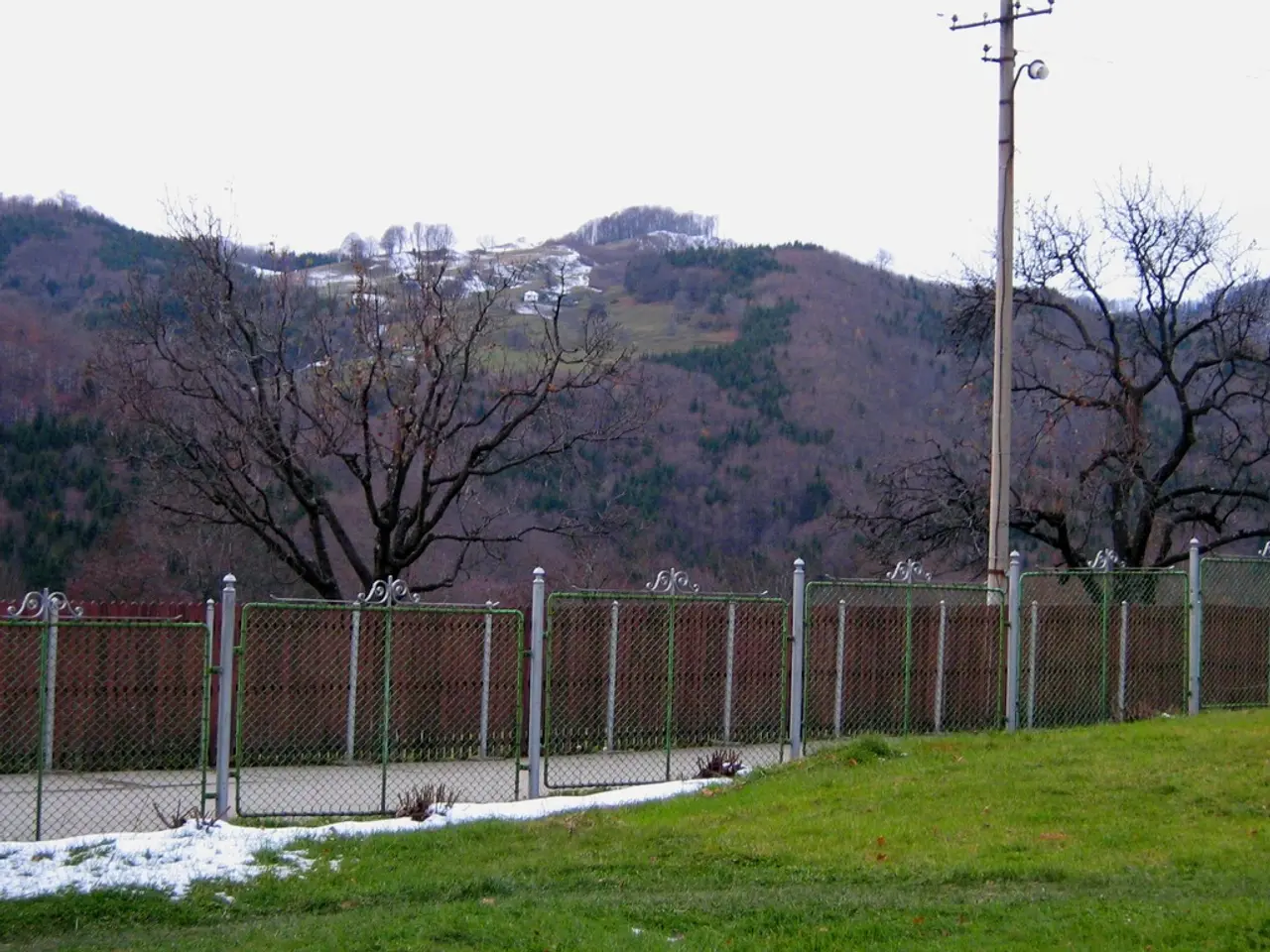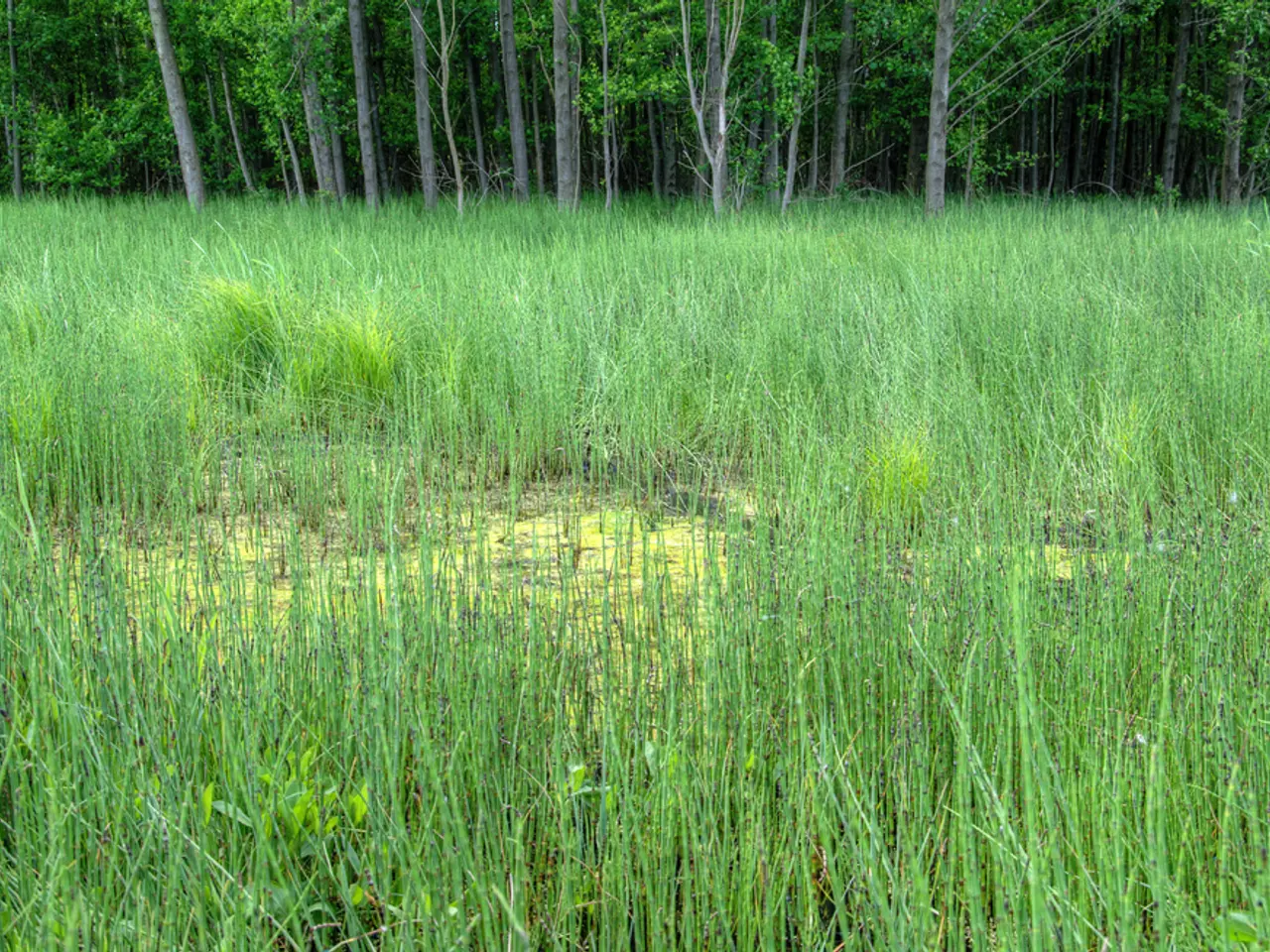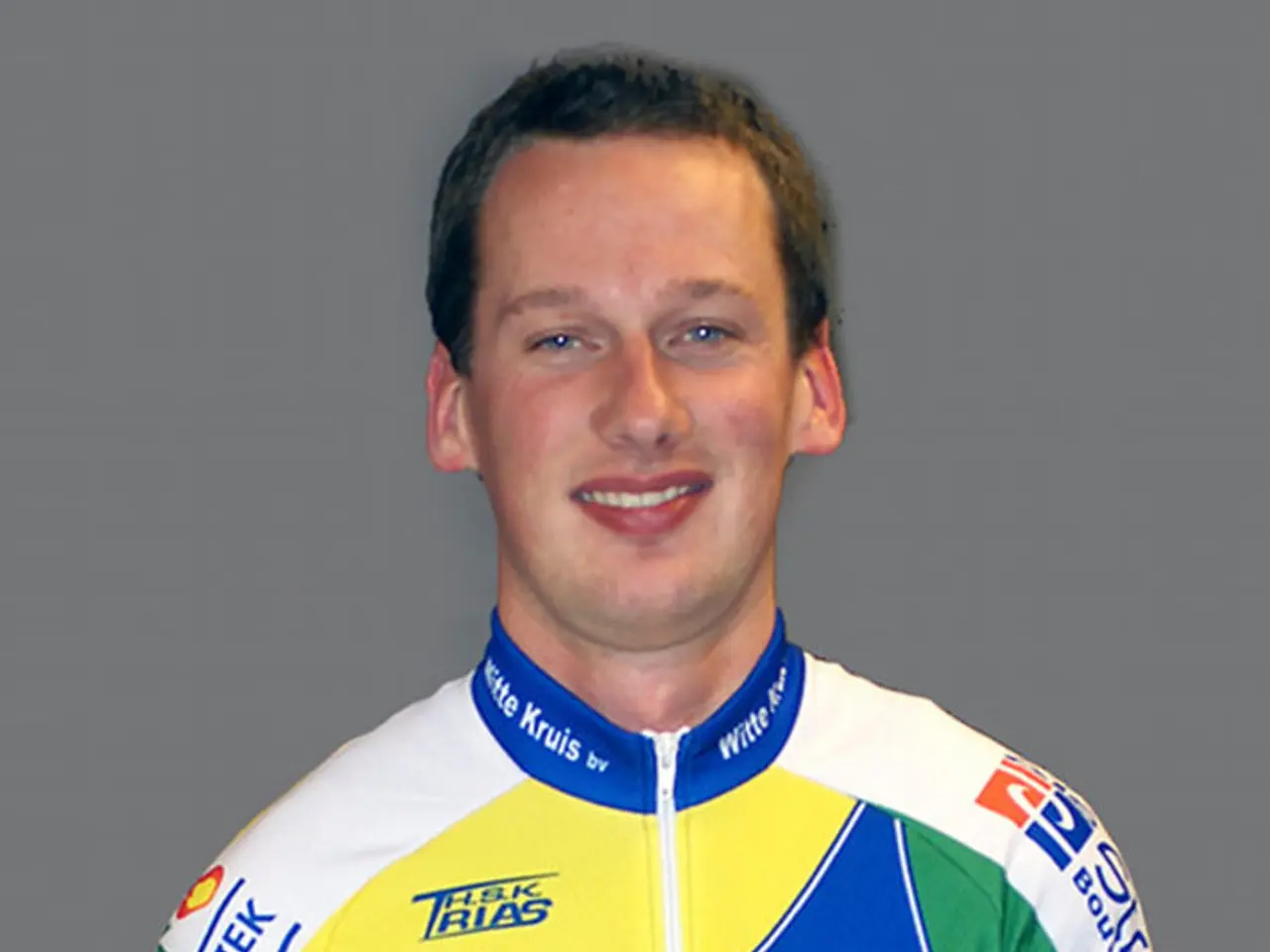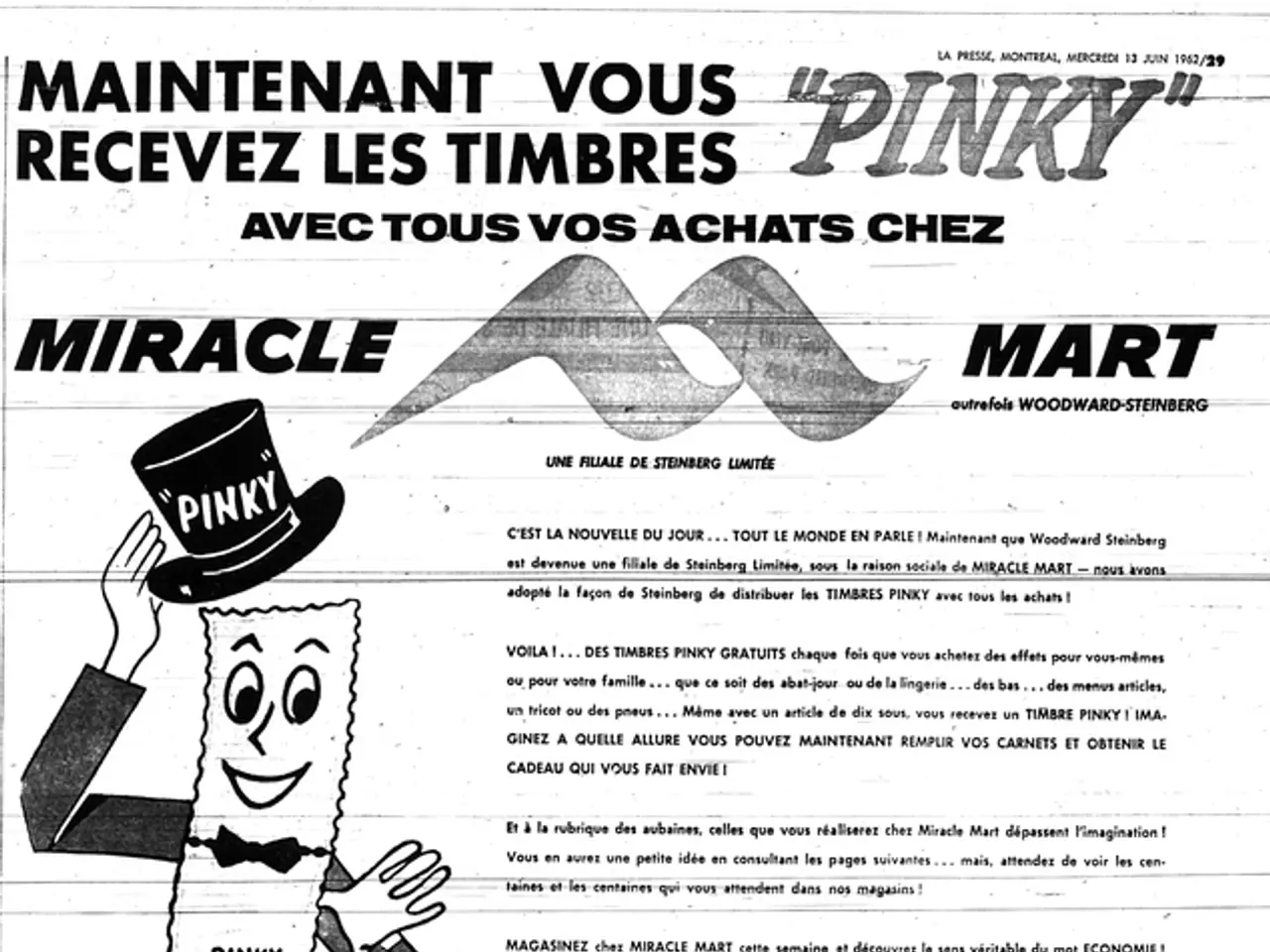"Overburdened Taxation in Chicago's Multi-Cultural Communities: Measures Taken to Address the Issue"
In Cook County, Illinois, homeowners like Twila Hayes have been grappling with skyrocketing property tax bills. Hayes' property tax assessment jumped from $116,000 to $240,000, causing her tax bill to more than double to over $12,000 a year. This trend is not unique to Hayes; over 11,000 properties in the south suburbs saw their assessments increase two-fold or more in Cook County's most recent assessment.
However, Cook County Assessor Fritz Kaegi is working to address these inequities. Kaegi's office is taking a closer look at specific locations instead of averaging homes in different neighborhoods, a practice that often led to over-assessment of lower-valued homes in less affluent areas.
To counteract longstanding systemic biases, Kaegi has employed data scientists to build more accurate property valuation models. This approach, known as modernizing assessment data systems and restructuring the Assessor’s Office, aims to reduce "regressivity"—a pattern where lower-valued homes get disproportionately higher tax assessments relative to their market value.
Moreover, Kaegi's team analyzes sales values at a more localized level to avoid over-assessing lower-value homes in less affluent areas. This method, which avoids aggregation of disparate neighborhoods, has been instrumental in reducing inequities in property tax burdens that traditionally hit Black and Latino homeowners hardest.
While some studies suggest these assessments are not necessarily lower but more accurate compared to actual sales prices, these changes have made a significant difference. University of Chicago Professor Christopher Berry, who recently exposed the problem of people of color being "highballed" by assessors across the nation, also noted that African American and Latino communities in Cook County are paying higher tax rates.
Kaegi's efforts are not limited to property tax assessments. He is supporting a proposed state bill which would provide state funding to help struggling homeowners in Cook County who have seen property tax bills spike by 25% or more. This move is aimed at further alleviating the financial burden on homeowners like Twila Hayes.
In the city of Chicago, over 12,000 properties more than doubled in assessed value between the last two assessment cycles, mostly on the South and West sides of the city. As Kaegi continues to fight for fair property tax assessments, it remains to be seen how these changes will impact the broader community.
[1] Chicago Tribune, "Cook County Assessor Fritz Kaegi's office to correct thousands of property tax assessment errors in the south and west suburbs," 2021. [2] WBEZ, "Cook County Assessor Fritz Kaegi's office aims to reduce property tax inequities," 2021. [3] Crain's Chicago Business, "Cook County Assessor Fritz Kaegi shakes up office, brings in data scientists to reduce biases in property tax assessments," 2021. [4] Chicago Sun-Times, "Cook County Assessor Fritz Kaegi says he's making progress in reducing property tax inequities," 2021. [5] University of Chicago, "Study suggests assessments may be more accurate, not necessarily lower, when compared to sales of homes," 2021.
- These changes in Cook County, including the use of data scientists and more localized analysis, are aimed at reducing a pattern called "regressivity" in property tax assessments, which disproportionately affects lower-valued homes and homeowners in less affluent areas.
- To further alleviate the financial burden on homeowners, Cook County Assessor Fritz Kaegi is backing a state bill that would provide funding to help South and West side Chicago homeowners who have seen their property tax bills increase by 25% or more.




